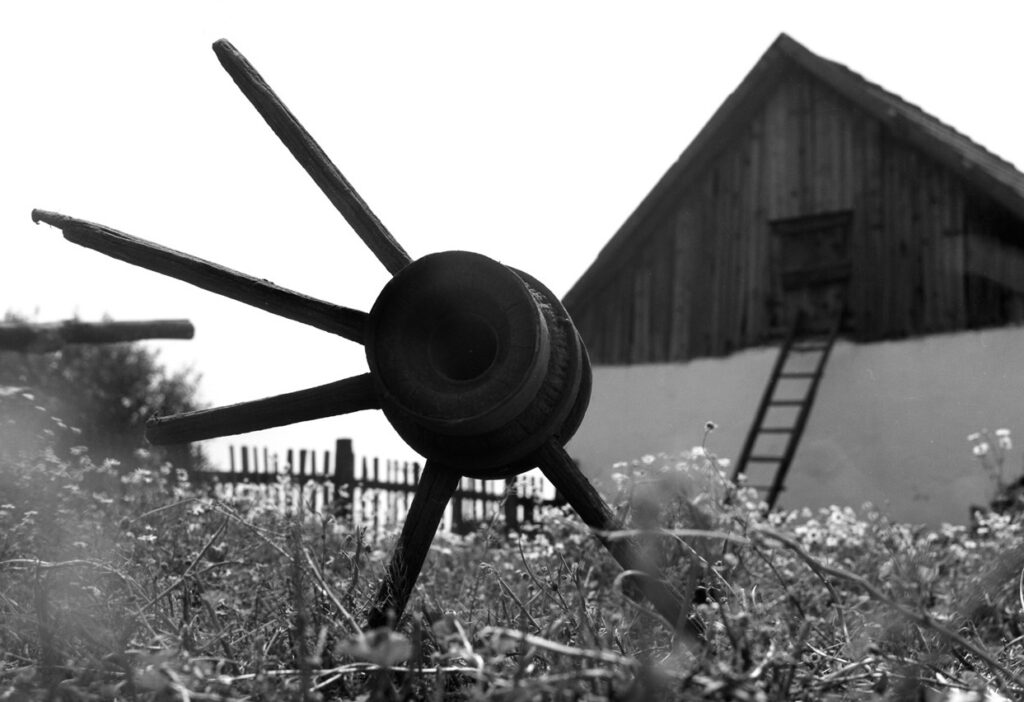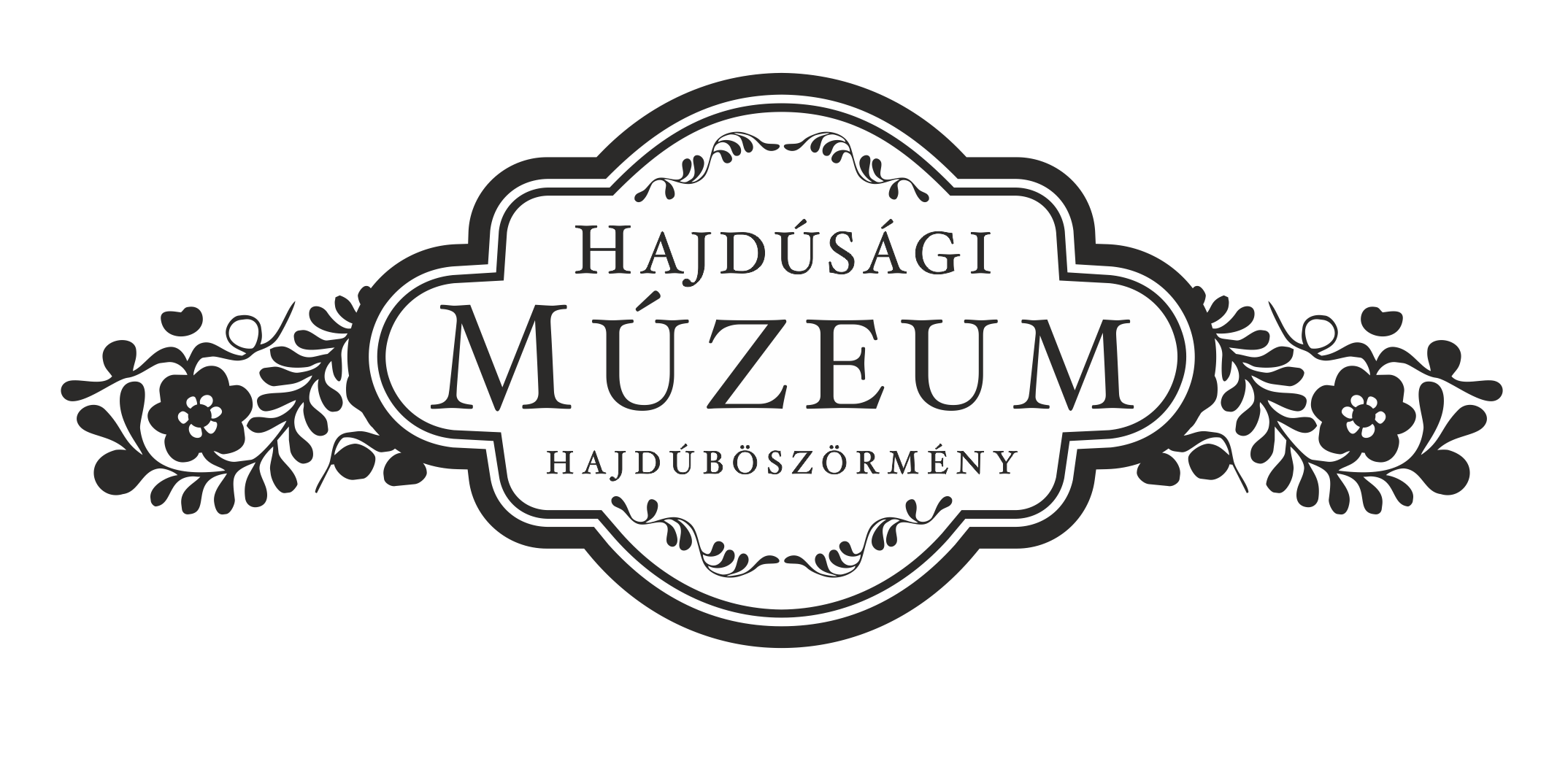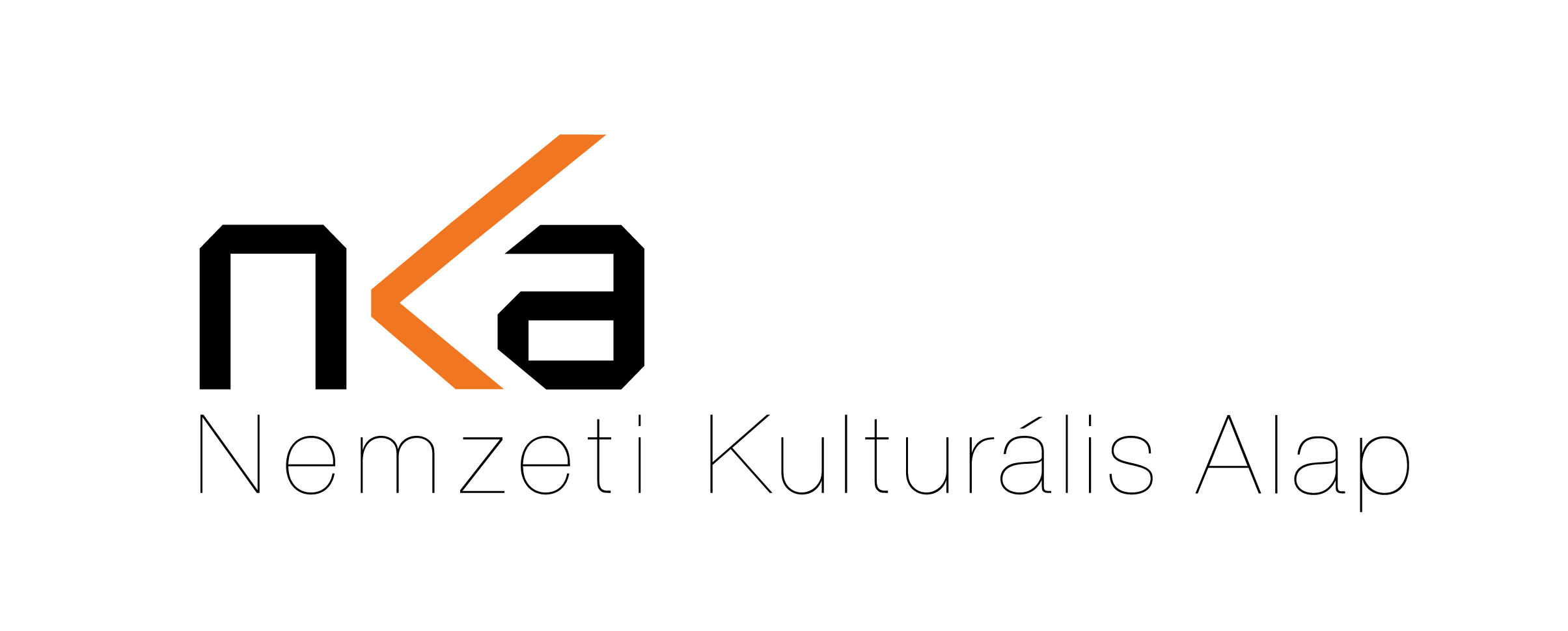Miklós Szabó-our photographer of our newspaper- his exhibition of about thirty photos travels throughtout the spring in the factories, institutions and producer cooperatives of Hajdúböszörmény and Hajdúnánás. The thematic material is an uniform selectioen, he’s talks about the human from Hajdúság, the peasant life half-past, the decaying-transitive farm lifestyle. The language of the photo also testifies to that connection, it connects our present to the past, ties it to the ground our life and work. The devices, tools, and objects appearing in the pictures are in themselves eloquent expressions of the past, just like the discarded boots, the dilapidated barn, and the grass covering unused objects.

Miklós Szabó contemporary to the photography devices, communicates things in his language, grab moments, feelings to the human – objective – natural world the traces of wich it still lives today, and wich two or three decades earlier had been decisive in our lives. But each piece of the material world of the peasant everyday life can be a symbol of an era beyond itself. A berena that can be pulled by animal power, a seeder with a thin tread, a rarely used cylinder, a rusted ploughshare speaks of this world. As a well-crafted hand shaped for a tool, a narrow look expressing aloofness, a typical work gesture testify to the same. The photos of this exhibition bring a small slice of the surrounding and passing world: the old peasant way of life, the world of the farm dwellers, in such a way that we can feel it: that field salsify, yarrow, thistle, a field flower, a passing way of life painful-beautiful, con - refers to his hard, never-returning world.
Miklós Szabó’s artistic works are at the same time authentic and convincing documents of the town’s history, preserving some of the characteristics, elements and motifs of the lifeof the Hajdúság peasant.
Lázár Imre
Hajdúböszörményi Termelőszövetkezetek Lapja 1978. április 19.

